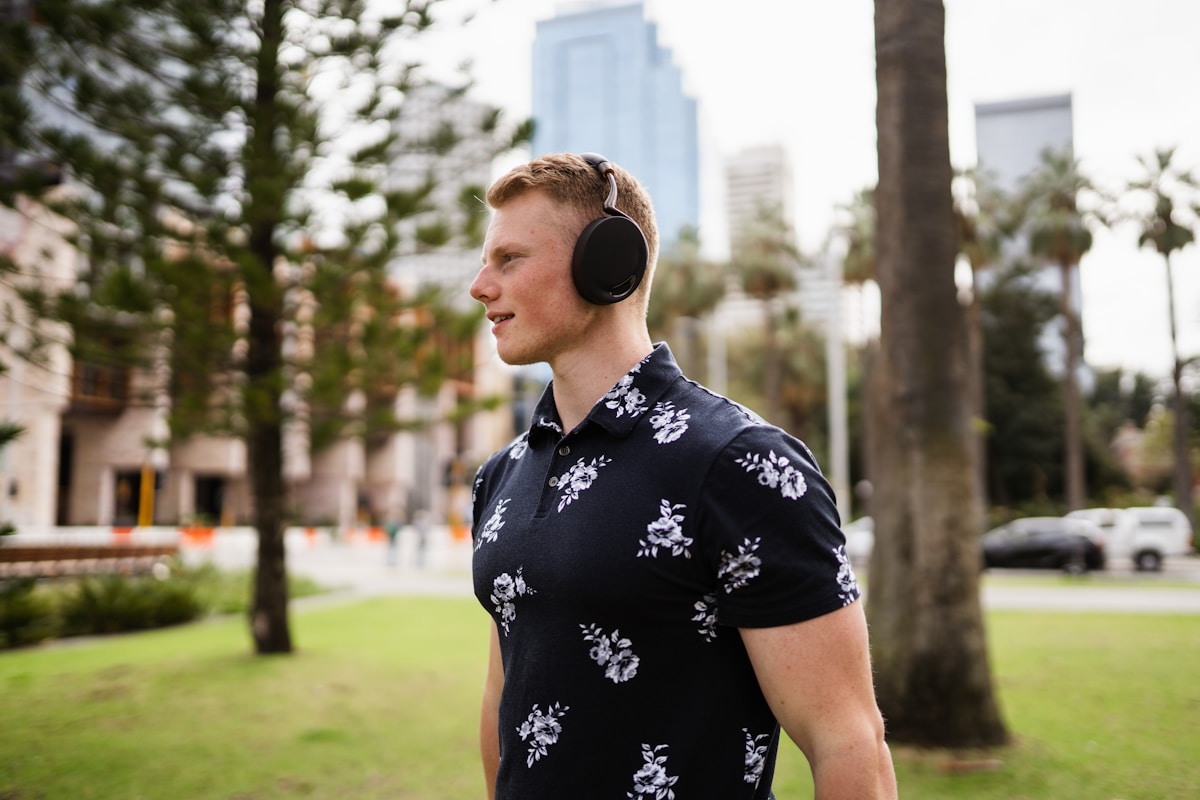it’s all good, even when it isn’t

If there’s one thing that we can take away from the various challenges and crises that most of us went through in 2020, it’s this: problems are a part and parcel of life and they will never end.
Although I did have some privileges and was able to work from home the entire time, like all of us, I did face mental and emotional obstacles this year as well. Of course, they’re nothing compared to the gruesome setbacks that many people went through all over the world, but yes, there were times when I found myself in deep and dark places, mainly because of my natural tendency to ruminate over negative things and events. In addition, the last couple of months got pretty intense as I hit some roadblocks with respect to my work and had some stressful tech problems coming up again and again. In addition, all of a sudden I found myself going through a GI issue for the past few weeks which I hope I’m recovering from now.
While these were difficult times, thanks to the emergency fund that I was able to save over the past few years, I was able to tackle them head on with minimal financial worries. I learned some invaluable lessons with regard to technology use and my physical health. And I for sure understood how stress and negativity can have a toxic impact on our overall health leading to manifestation of physical disorders and illnesses. How our mind truly has incredible power to heal our body and our emotional wounds, and that the only reason we continue to suffer is because we get in the way of our body’s natural mechanisms that keep us healthy and ensure our well-being. In other words, I appreciate the mind-body connection in a much better manner now, and my belief has definitely escalated in that regard, especially after watching the Netflix documentary Heal.
These realizations are definitely silver linings and I’m sure they’ll serve me in the long-term. Obstacles do encourage and propel you to become a better, much wiser version of yourself. As aerospace scientist and former Indian President Dr. A.P.J. Abdul Kalam said, “Difficulties in your life do not come to destroy you, but to help you realise your hidden potential and power.”
We must firmly believe that whatever that happens to us is all good, if it isn’t. Without all the struggles, setbacks, losses and tragedies that you’ve faced in your life so far, you would never be the person you are right now. If you think you’re a finer, smarter and wiser lady or gentleman today, then it’s because of all those challenges that you’ve encountered in your past, and without doubt, you should really be grateful for them.
You must develop gratitude for whatever happens to you, good or bad, as it’s helping you become the person that you are meant to be. As Author Robert Greene instructs: “Stop wishing for something else to happen, for a different fate. That is to live a false life.” You are on your own unique journey and you must cultivate acceptance and resilience and be able to surrender to the workings of the Universe.
In his book The Obstacle is the Way, Ryan Holiday encourages developing the discipline of perception. Perception translates to “how we see and understand what occurs around us – and what we decide those events will mean.” So, we can either cultivate a love for our fate (amor fati) and bring peace in ourselves no matter what we go through, or fight the events of our life with brute force and bring continual suffering in our experience. Ultimately, it’s up to us, what we choose dictates the quality of our life.
Loving and having gratitude for what happens to us is not at all easy (it’s a constant challenge for me for sure), but it’s a character trait worth having to keep ourselves immune from the tumultuous nature of life. In the grand scheme of things, it’s definitely wise and more fruitful to live in accordance with Nietzsche’s words: To not merely bear what is necessary, still less conceal it… but love it.
SUBSCRIBE TO THE DAILY APPLE VIA EMAIL.